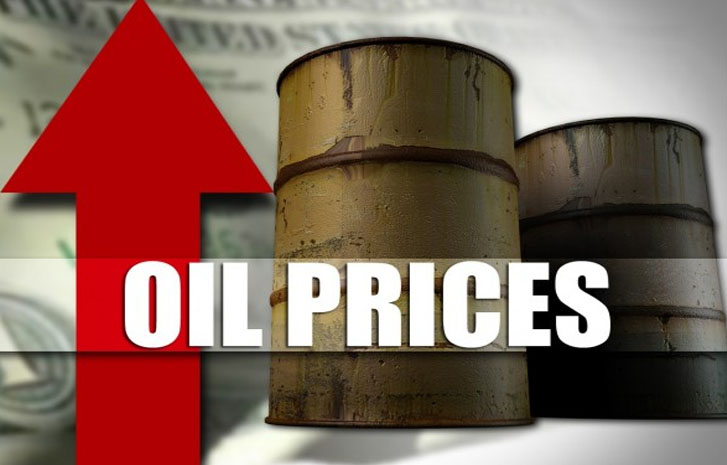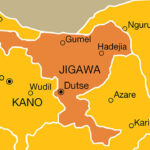Inflows of more revenue into government coffers during the oil price boom from 2002 to 2014 did not translate into more spending on capital expenditure, according to a new report.
The maiden Infrastructure Report by Coronation Group revealed that while the Federal Government’s capital expenditure on average amounted to 3.6% of Gross Domestic Product (GDP) between 1981 and 1990, rising to a respectable 5.2% the following decade, it however, declined to an average of 2.5% from 2001 to 2010.
The average level of public sector capital expenditure fell to 1.1% of GDP from 2011 to 2020 despite the country benefiting from the oil price boom that started in 2002 and lasted well into 2014, with the price of Brent frequently trading at over $100/bbl (a barrel of crude oil).
Head of Research at Coronation, Guy Czartoryski, who presented the report noted that government investment in infrastructure has fallen short over several decades, thus creating, cumulatively, an enormous deficit as infrastructure fails to meet the country’s needs.
- Padding as parliamentary criminality 101
- Tinubu mourns ex-administrator of Kaduna capital territory, Abbas Sambo
Guy stressed that private sector capital provides better returns than the risk-free returns of government debt.
Managing Director of Coronation Asset Management, Aigbovbioise Aig-Imoukhuede, added that the report provides a groundwork on infrastructure financing across Africa.
“With infrastructure playing a critical role in driving economic growth and societal development, the report catalyzes informed discussions. By shedding light on the challenges and opportunities in infrastructure financing, it lays the groundwork for efforts to address Africa’s infrastructure needs and unlock its full potential,” he stated.

 Join Daily Trust WhatsApp Community For Quick Access To News and Happenings Around You.
Join Daily Trust WhatsApp Community For Quick Access To News and Happenings Around You.


